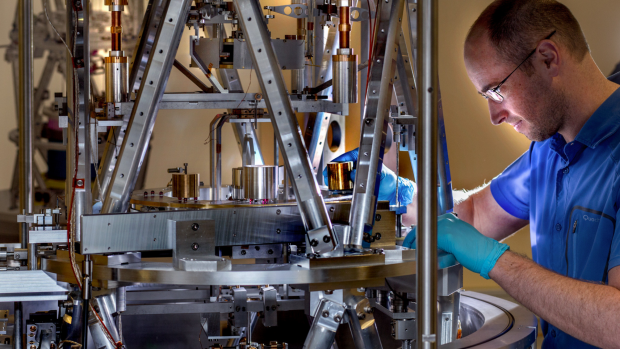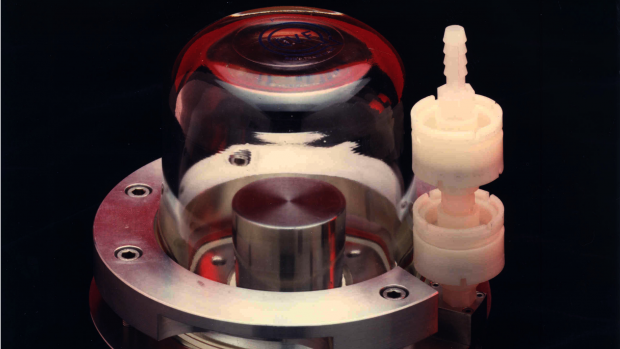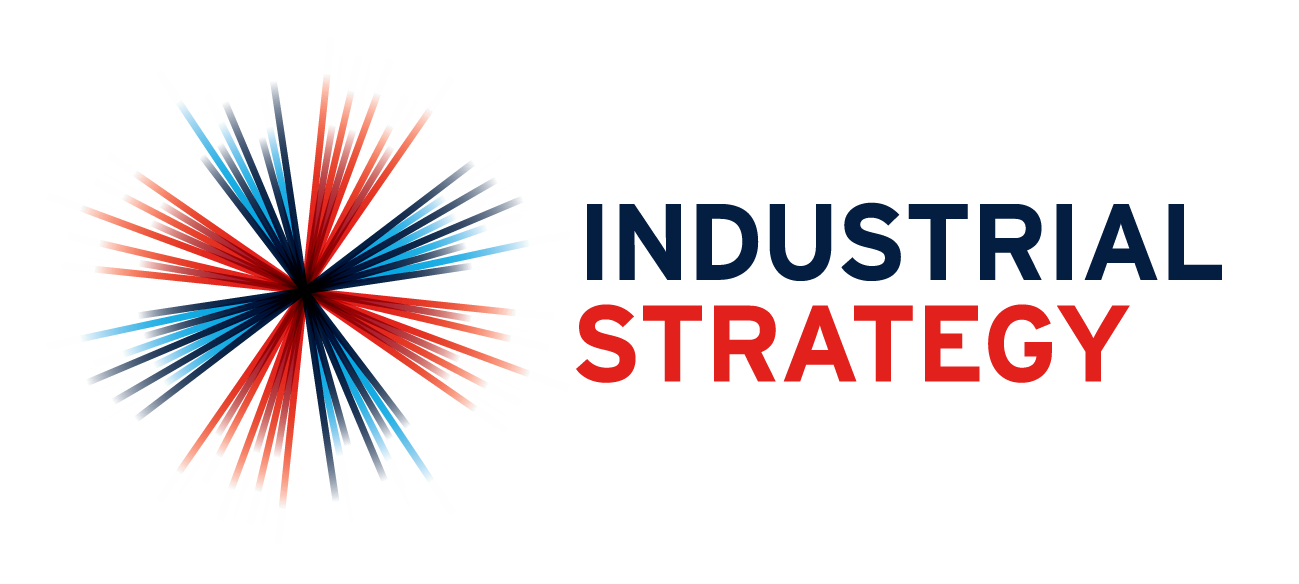
On 20 May, the International System of Units (SI) underwent its biggest overhaul since its establishment in 1875.
4 of the 7 base units - the kilogram, the ampere, the kelvin and the mole - will now be defined against universal constants.
The redefinition is an important milestone in the development of the Industrial Strategy - not least because the redefinition of the kilogram was made possible using technology developed right here in Britain.
Britain’s role as a world-leader in metrology (the science of measurement) is central to accessing emerging markets, crafting new industrial processes, and engaging with society-scale challenges like tackling climate change and improving healthcare outcomes. £342 billion worth of goods are sold on the basis of the measurement of their quantity, equating to £6.23 billion a week.
In addition to this, goods worth around £280 billion per annum are weighed or measured at the business-to-business level.
Innovation is underpinning future technologies
The National Physical Laboratory (NPL), the UK’s National Measurement Institute, is therefore a key asset to the economy. It was here that the Kibble Balance was developed, a device that precisely measures mass using electrical current, without which the redefinition of the kilogram would have been impossible.
NPL provides the innovation infrastructure that underpins the development of future technologies, a key part of the recently published International Research and Innovation Strategy.

It is through NPL’s international partnerships that the SI redefinition, and the subsequent benefits to science and innovation around the world, can take place.
Redefining measurements will benefit society
While defining measurements more precisely may seem obscure or abstract, there are tangible benefits that will be felt throughout society.
For example, potent drugs that are administered in tiny doses will be able to be measured more accurately, allowing doctors to provide personalised medicine, tailored to the needs of individual patients.
Measurements of complex components of aircraft will be more exact, improving safety and ultimately saving lives.
Previous redefinitions have facilitated the emergence of entirely new industries. The definition of the second in 1997 enabled us to secure the accuracy of Global Positioning Systems (GPS), a now ubiquitous technology.
It also facilitated better fraud protection on high-frequency trade, a basic cornerstone of the integrity of our economy.
As the home of UK time, NPL plays an important role in underpinning this technology.
The precision of atomic clocks allows for the mapping of the Earth’s gravitational field, which can be used to understand the composition and structure of the Earth in exquisite detail and prospect for natural resources.
Wider benefits to skills and learning
NPL also offers industry training, a postgraduate institute and internships to ensure the provision of technical skills that enable these developments in fundamental science.
As the government’s Industrial Strategy includes increasing spending on research and development from 1.7% of GDP to 2.4% by 2027, such programmes are indispensable.
The redefinition of the SI units will mark the first time in history that the universal measurements we rely on globally will all be based on immutable constants of nature, rather than physical objects.
In the case of the kilogram, this will remove the need to calibrate back to the original artefact -- the prototype kilogram stored in a vault in Paris.
This will have a democratising effect on trade. Not only will countries will be able to calibrate their own measurements accurately, but individual regions and even businesses will one day be able to do so independently. As the home of the original Kibble Balance, the UK will be able to ride the crest of the innovation and cost-saving implications of this change.
Being able to calculate and calibrate measurements electronically will underpin much of the industrial innovation we will see in the coming decades. That innovation is likely to centre on connectivity, artificial intelligence and data -- developing sectors collectively referred to as 'Industry 4.0'.
Delivering the Industrial Strategy
The UK’s Industrial Strategy places innovation in industry 4.0 as a priority. NPL plays a vital role in translating cutting-edge research into practical benefit for UK industry by giving big business and SMEs alike access to measurement expertise, services and skills development.
The UK has a rich tradition in leading the way in advanced research, from cryptology to artificial intelligence and quantum computing. This is facilitated by world-leading institutions like NPL and their contributions to fundamental science.
World Metrology Day 2019, which was chosen specifically as it falls 144 years (12²) after the formal adoption of the SI units, is an important day for a number of reasons. It marks an international collaborative commitment to science that transcends politics.
And it is an opportunity for recognising the importance of technical skills education, a vital component of our Industrial Strategy of training the next generation of innovators.
